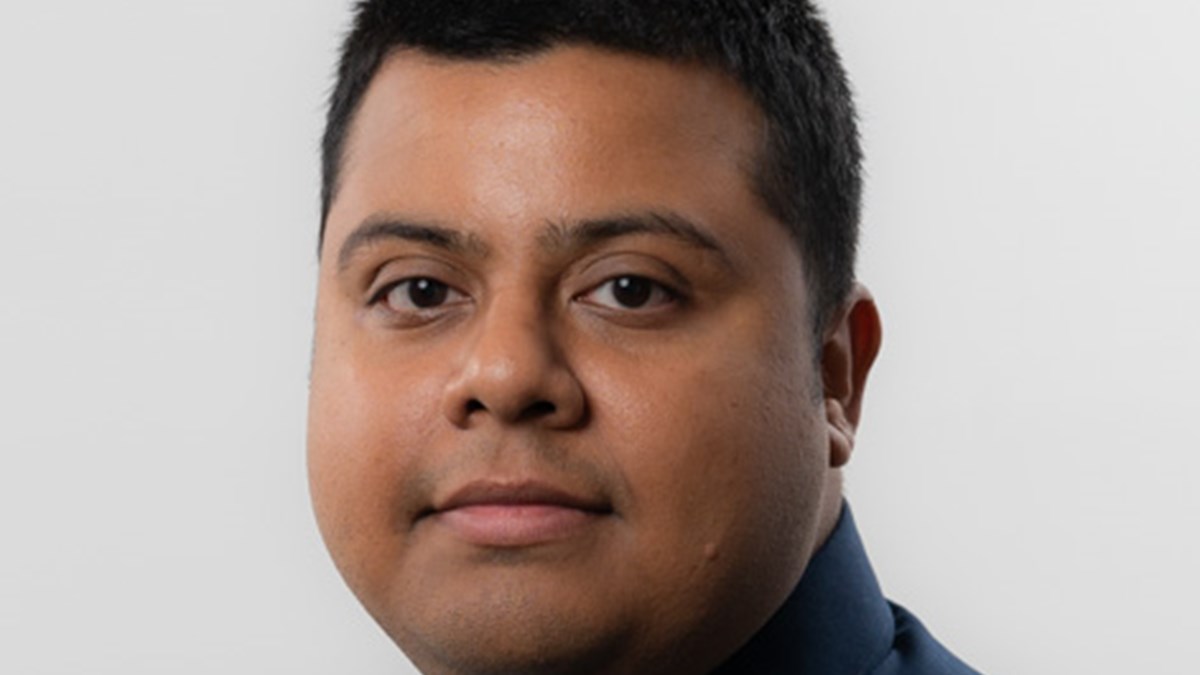Anirudhya Lahiri

“WVU's Ph.D. program is amazing with so many esteemed faculty who have diverse research interests. Some labs are pursuing research that is at the forefront of cutting-edge biomedical innovation. Also, I have always loved mountains so the choice was easy.”
Why did you choose your current major or program?
I chose my department and program in my Ph.D. as it had, and still has, an excellent combination of newer and more experienced faculty with exciting cutting-edge and diverse research interests.
Why did you choose WVU for your education?
WVU's Ph.D. program is amazing with so many esteemed faculty who have diverse research interests. Some labs are pursuing research that is at the forefront of cutting-edge biomedical innovation. Also, I have always loved mountains so the choice was easy.
What do you eventually want to do in your career? What’s the end goal? Are there any postgraduate degrees or programs you want to pursue?
My career goal is to be a scientist. As a scientist, I want to understand the complex cellular and molecular processes that causes brain cell degeneration. The end goal is to use this knowledge and devise a practical, cost-effective therapeutic approach that can regenerate brain cells. I do not want to do science just for science's sake. The pandemic taught us the real power of scientific community. When we collectively work towards a common goal, we can accomplish anything. Keeping this in mind, my end goal is to do research that can reach from bench to bedside and devise therapeutic strategies which are affordable. I am currently pursuing post-doctoral training at the University of Connecticut health center to study how oligodendrocytes (another brain cell type) can dysfunction in the context of diseases like multiple sclerosis.
Why do you feel this career will be rewarding and fits you uniquely?
One of the oldest and greatest mysteries in biology is how brain works and working to solve that puzzle is immensely satisfying intellectually. Moreover, having a chance to serve people, impact their lives and curing illness is a rare privilege only lucky ones get. I consider myself lucky.
What would you tell a student who’s thinking about applying to your program?
You are making the best decision of your life and you will thank yourself for it. Immunology and microbial pathogenesis is one of the (if not the) best program in WVU's Health Sciences programs.
Does your program have any hands-on learning or internship opportunities that you’ve particularly enjoyed?
Our program has an experiential learning course where, depending on your interests, you can pursue broad range of activities outside of your Ph.D. requirements. The best part about this course is that it can be whatever you want it to be. For my experiential learning, I worked as a volunteer at the COVID testing facility during the pandemic.
Have you had any faculty that you particularly enjoyed in class or through mentorship?
The first and foremost is my Ph.D. advisor Gordon P. Meares, Ph.D., who gave me relentless support and taught me how to think like a scientist. I want to also mention Christopher Cuff, Ph.D.; Candice Brown, Ph.D.; Mariette Barbier, Ph.D.; and Meenal Elliott, Ph.D.
Tell us something unique or interesting about yourself that others may not know. Hobbies, talents, superlatives, etc.
I am a cinephile. I am a Beatles fan and Coldplay fanatic. Fun fact, Dr. Meares and I are both a fan of Quentin Tarantino. For a mice study, we used Tarantino film names for de-identification/study blinding purposes. Eventually this work led to my very first first author paper.